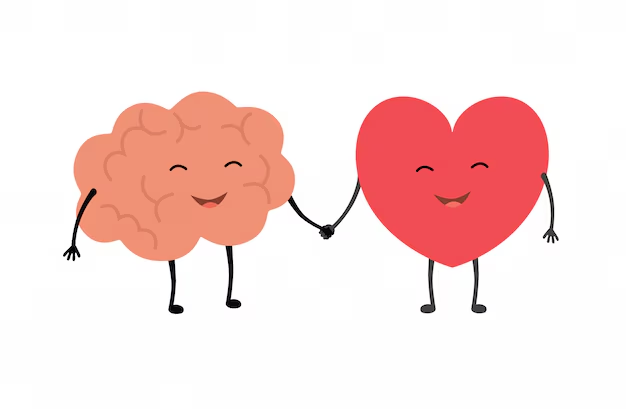
In daily life, our actions and decisions are greatly influenced by what the mind dictates and what we feel through the heart. When making a decision or reacting to a certain situation, the question arises: do we rely on logic and reason, or do we let ourselves be guided by our emotions and feelings?
Let's consider an example: if two people perform the same action, one a close friend and the other a stranger, our reaction to each will be completely different. This difference in reaction shows how our feelings toward people play a significant role in how we deal with them, even if the action is the same. The situation can become even more complex if both individuals are equally known to us, but one holds a special place in our hearts. Here, the decision is clearly influenced by our emotions and not necessarily by logic or fairness.
However, should we let our emotions govern all our decisions? Certainly not. There are situations that require the use of reason and logic rather than emotion. For example, in raising children and teenagers, it is better to make educational decisions based on sound reasoning and clear standards rather than an immediate emotional response. Decisions related to work or finances also require rational thinking to avoid risks and achieve success.
A balance between the mind and heart is necessary in our interactions with others. In some cases, the heart can lead us to empathy and understanding, which enhances human relationships. Meanwhile, the mind helps us make wiser and more logical decisions, especially in situations that demand it.
Ultimately, a good understanding of how the mind and heart influence our actions can help us improve our decisions and interact with others in a more mature and balanced way.